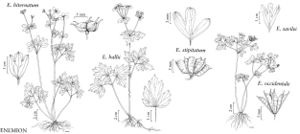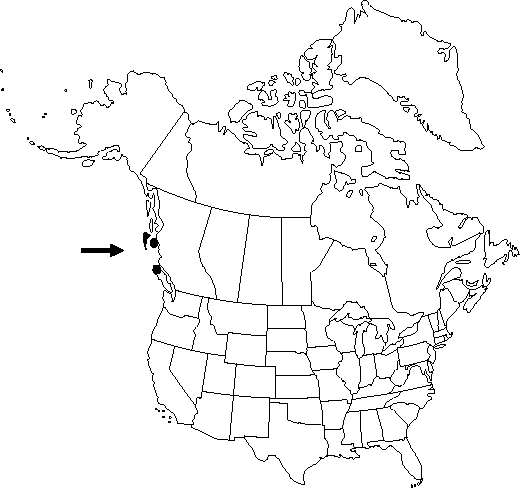Difference between revisions of "Enemion savilei"
Castanea 45: 278. 1980.
FNA>Volume Importer |
FNA>Volume Importer |
||
| Line 14: | Line 14: | ||
|label=Selected by author to be illustrated | |label=Selected by author to be illustrated | ||
}} | }} | ||
| − | |basionyms={{Treatment/ID/ | + | |basionyms={{Treatment/ID/Basionym |
|name=Isopyrum savilei | |name=Isopyrum savilei | ||
|authority=Calder & R. L. Taylor | |authority=Calder & R. L. Taylor | ||
| + | |publication_title=Madroño | ||
| + | |publication_place=17: 70. 1963 | ||
}} | }} | ||
|synonyms= | |synonyms= | ||
| Line 57: | Line 59: | ||
|publication year=1980 | |publication year=1980 | ||
|special status=Endemic;Selected by author to be illustrated | |special status=Endemic;Selected by author to be illustrated | ||
| − | |source xml=https://jpend@bitbucket.org/aafc-mbb/fna-data-curation.git/src/ | + | |source xml=https://jpend@bitbucket.org/aafc-mbb/fna-data-curation.git/src/f6b125a955440c0872999024f038d74684f65921/coarse_grained_fna_xml/V3/V3_1112.xml |
|genus=Enemion | |genus=Enemion | ||
|species=Enemion savilei | |species=Enemion savilei | ||
Revision as of 19:52, 24 September 2019
Stem 10-35 cm, strongly rhizomatous; roots fibrous. Leaves abaxially glabrous; leaflets irregularly 2-3-lobed, lobes often with 1-3 secondary lobes; apex rounded, with shallow glandular notches. Inflorescences axillary, flowers solitary or occasionally in loose 2-flowered leafy cymes; peduncle not strongly clavate. Flowers: sepals (10-)12.6-15(-16.8) × (6.9-)8.2-10.2(-11.2) mm; stamens 40-60; filaments filiform to club-shaped, 5-8 mm. Follicles sessile, upright to widely divergent; body oblong, 11-15 mm, abruptly contracted into style beak; beak 0.8-1.7 mm. Seeds 2-2.5 mm, glabrous. 2n = 14.
Phenology: Flowering spring.
Habitat: Moist, shady, rocky crevices and talus slopes
Elevation: 100-1000 m
Discussion
This distinctive species was discovered in 1957 on the Queen Charlotte Islands and was thought to be endemic to those islands. Subsequently it has been found on the Brooks Peninsula on the west coast of Vancouver Island and on Porcher Island, south of Prince Rupert (T. C. Brayshaw 1989).
Selected References
None.

